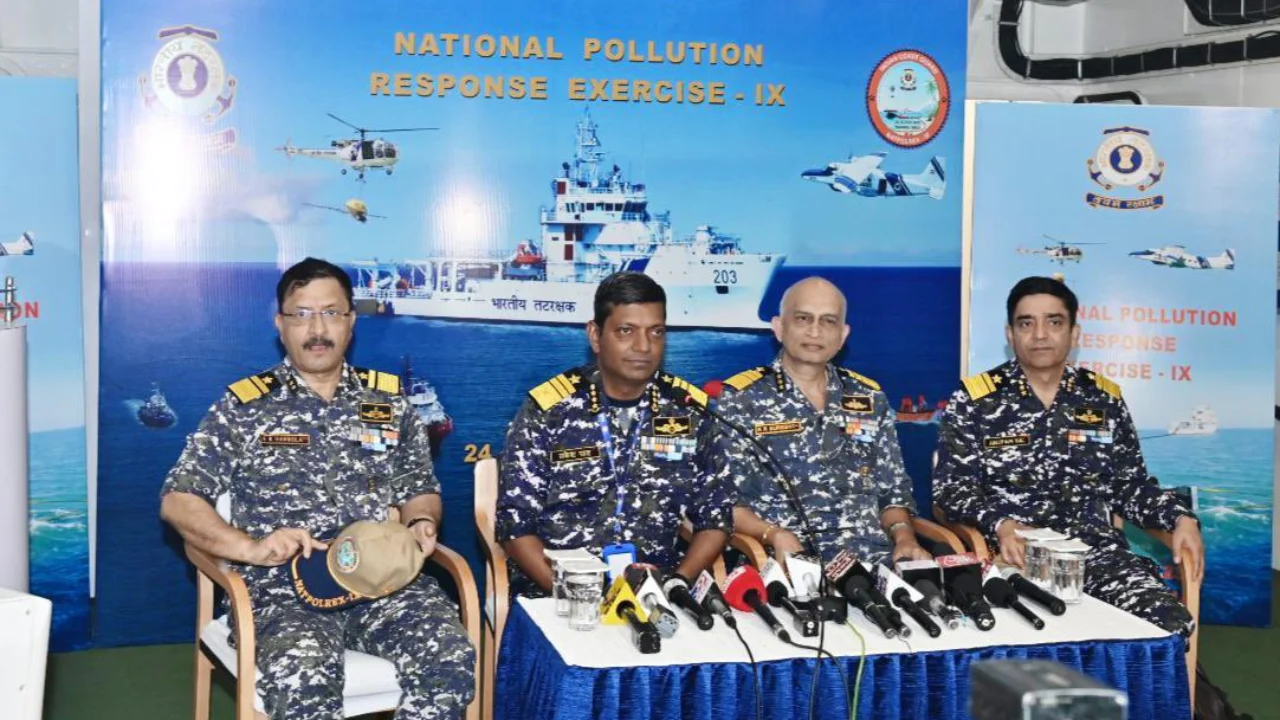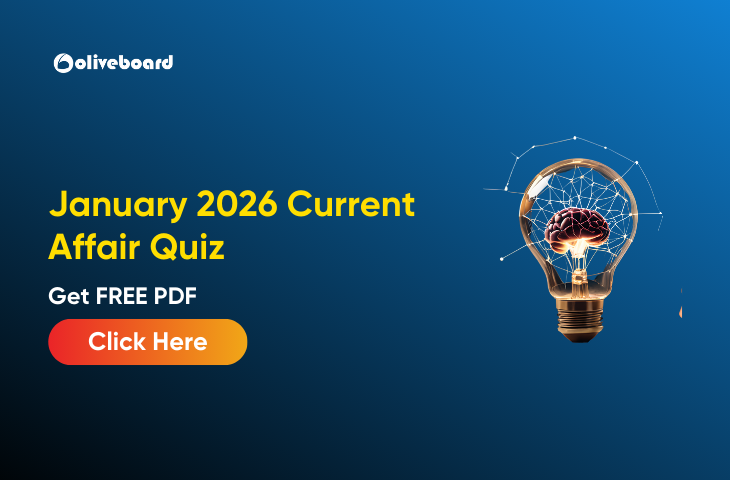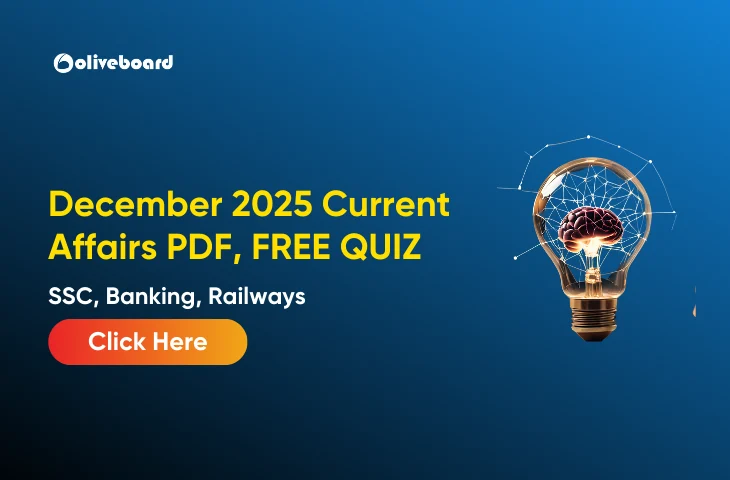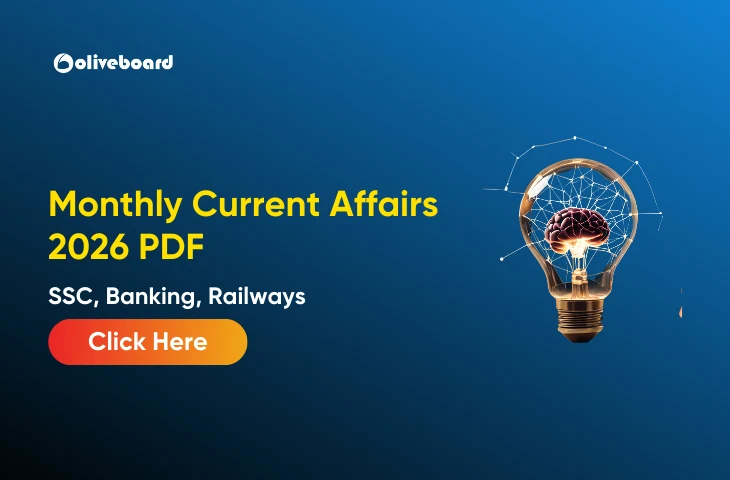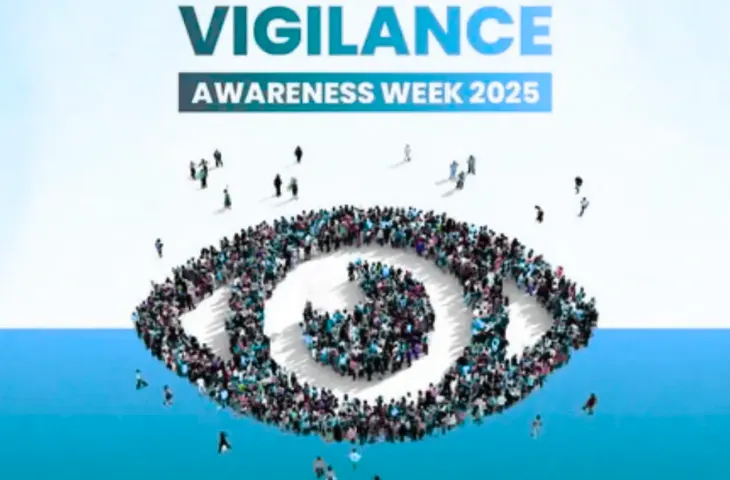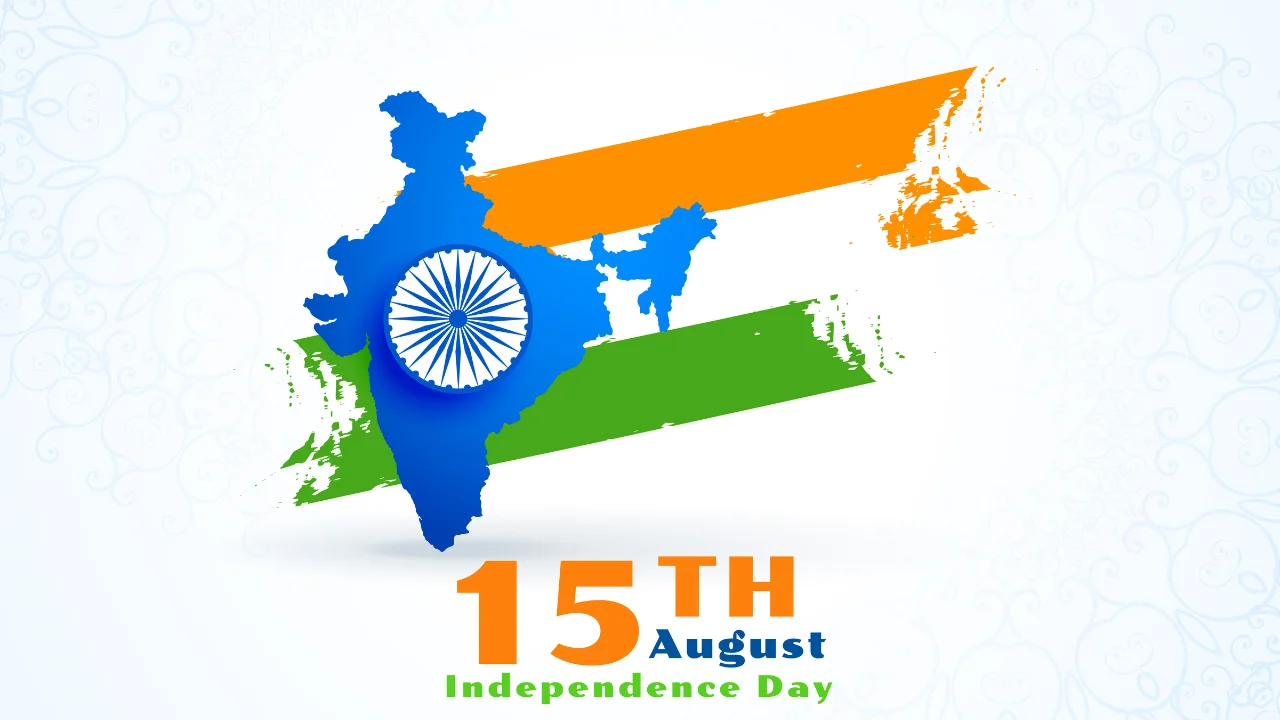9th National Level Pollution Response Exercise (NATPOLREX-IX)
The 9th National Level Pollution Response Exercise (NATPOLREX-IX) was conducted by the Indian Coast Guard on November 25, 2023, off Vadinar, Gujarat. Director General Rakesh Pal, the head of the Indian Coast Guard and Chairman of the National Oil Spill Disaster Contingency Plan (NOSDCP) reviewed the preparedness of all agencies involved in the exercise.
Representatives from various ministries, central and coastal state governments, ports, oil handling agencies, and other stakeholders participated, along with over 31 foreign observers and 80 delegates.
NATPOLREX-IX
The NATPOLREX-IX successfully achieved its goal of evaluating the preparedness and coordination among various resource agencies to respond to a marine oil spill, utilizing the provisions of the National Oil Spill Disaster Contingency Plan (NOSDCP).
The Indian Coast Guard (ICG) employed both surface and air platforms, including Pollution Response Vessels (PRVs), Offshore Patrol Vessels (OPVs), indigenous Advanced Light Helicopter Mk-III, and Dornier Aircraft configured for marine pollution response. The exercise highlighted India’s industrial capabilities, emphasizing the ‘Make in India’ initiative under Prime Minister Shri Narendra Modi‘s vision of ‘Aatmanirbhar Bharat’. Major ports and other stakeholders also showcased their maritime assets to demonstrate coordinated efforts in combating marine pollution.
Significance of NATPOLREX-IX
The Indian Coast Guard took over the responsibility of safeguarding the marine environment in India’s maritime zones on March 7, 1986, following the transfer of these duties from the Ministry of Shipping. In the aftermath, the Coast Guard formulated the National Oil Spill Disaster Contingency Plan (NOSDCP) to address oil spill disasters at sea, gaining approval from the Committee of Secretaries in 1993. In addition to developing the NOSDCP, ICG set up four Pollution Response Centers in Mumbai, Chennai, Port Blair, and Vadinar.
What is an Oil Spill?
An oil spill is the release of a large amount of oil into the environment, especially into marine environments, due to human activities. It can occur as a result of operational discharges from offshore oil and gas production, blowouts, shipwrecks, accidents during transport, or pipeline leaks.
Types of Oil Spills
Oil spills can be classified into three main types:
- Surface Spills: These spills occur when oil floats on the surface of the water. They are often caused by tanker accidents, blowouts, or pipeline leaks.
- Subsea Spills: These spills occur when oil leaks from underwater pipelines or storage tanks. They are more difficult to clean up than surface spills because the oil is trapped beneath the water.
- Beached Spills: These spills occur when oil washes ashore on beaches or shorelines. They can cause significant damage to marine life and ecosystems.
Impacts of Oil Spills
Oil spills can have a devastating impact on the environment, wildlife, and human health. They can cause:
- Harm to marine life: Oil can coat marine animals, causing them to suffocate or die from oil ingestion. It can also disrupt their feeding and breeding habits.
- Damage to ecosystems: Oil can damage coral reefs, seagrass beds, and other marine ecosystems. It can also contaminate drinking water and soil.
- Economic losses: Oil spills can cause significant economic losses for the fishing, tourism, and shipping industries.
Cleaning Up Oil Spills
Cleaning up oil spills is a complex and challenging task. There are a number of different methods that can be used, depending on the type and size of the spill. Some of the most common methods include:
- Dispersants: Dispersants are chemicals that break up oil into smaller, more manageable droplets.
- Booms: Booms are floating barriers that are placed around the spill to contain the oil.
- Slickslayers: Slickslayers are absorbent materials that are used to collect oil from the surface of the water.
- Vacuuming: Oil can be vacuumed from the surface of the water or from the shoreline.
- Bioremediation: Bioremediation is a natural process that uses bacteria to break down oil.
Preventing Oil Spills
The best way to prevent oil spills is to take steps to reduce the risk of them happening in the first place. This can include:
- Improving the safety of offshore oil and gas production operations.
- Using more advanced technologies to detect and prevent leaks.
- Enforcing stricter regulations for the transport and storage of oil.
- Educating the public about the dangers of oil spills and how to prevent them.
By taking these steps, we can help to reduce the risk of oil spills and protect our environment.
India’s Preparedness Against Oil Spills
Ensuring a resilient national system for responding to oil spills is crucial for India’s readiness to address oil spill disasters in its waters. Given that 75% of India’s energy needs are fulfilled through imported oil transported by sea, the risks associated with oil transportation by ships necessitate preventive measures from both ship owners and oil-receiving facilities within ports. Despite these measures, the constant threat of oil pollution due to maritime accidents and unforeseen challenges at sea remains.
The ICG plays a pivotal role as the Central Coordinating Authority in responding to oil spills in Indian waters.
- Last 6 Months Current Affairs LIVE Quiz, FREE PDF
- Current Affairs January 2026 Quiz, Get Free PDF & Attempt Live Quiz
- Current Affairs December 2025, Get Free PDF & Attempt Live Quiz
- Monthly Current Affairs 2026 PDF For SSC, Banking, Railways
- Promoting Honesty and Integrity, Vigilance Awareness Week 2025
- India Independence Day 2025 (15th August), Theme & Significance

Hello, I’m Aditi, the creative mind behind the words at Oliveboard. As a content writer specializing in state-level exams, my mission is to unravel the complexities of exam information, ensuring aspiring candidates find clarity and confidence. Having walked the path of an aspirant myself, I bring a unique perspective to my work, crafting accessible content on Exam Notifications, Admit Cards, and Results.
At Oliveboard, I play a crucial role in empowering candidates throughout their exam journey. My dedication lies in making the seemingly daunting process not only understandable but also rewarding. Join me as I break down barriers in exam preparation, providing timely insights and valuable resources. Let’s navigate the path to success together, one well-informed step at a time.
